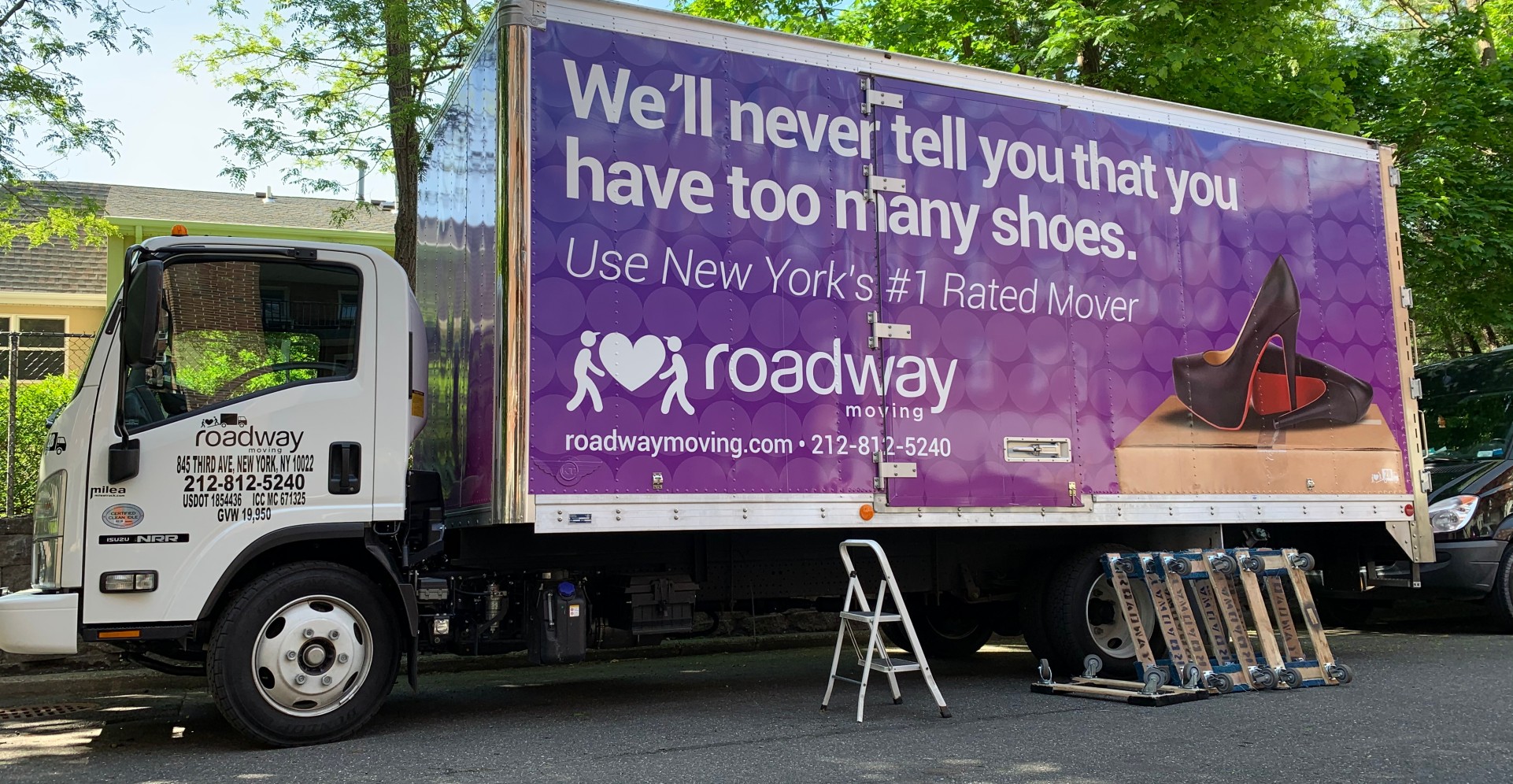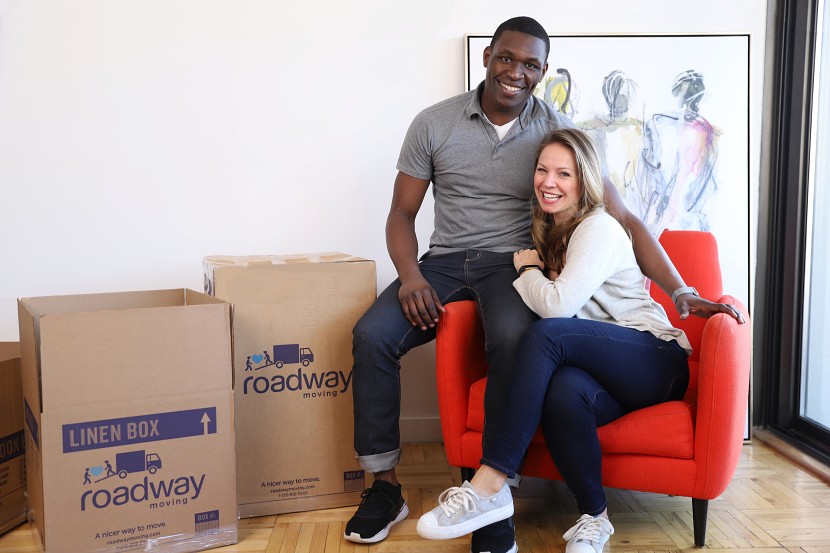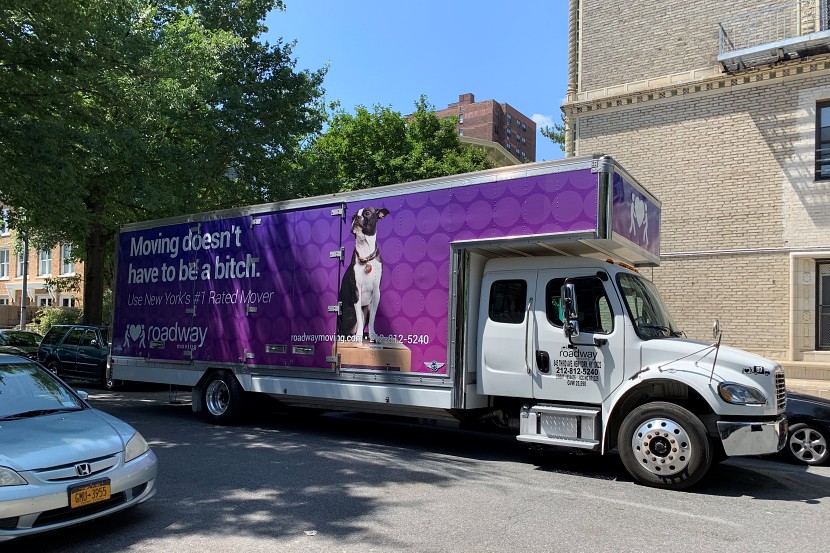

Moving out is a big step and requires a lot of planning. There are many factors to consider when moving, from transportation and packing supplies to finding an apartment or house for rent in your budget. And if you’re moving away from the family nest, you might even have some extra expenses like cable TV bills or internet services that need to be taken care of.

Here’s what you need to know:
- The average cost of renting an apartment in America is $1,320 per month. The average cost of renting an apartment in New York City for a one-bedroom apartment is $1,876. If you’re moving across the country, then it’s essential to factor in additional travel costs like plane tickets and gas money. In general, you should have at least three months’ worth of living expenses saved up as emergency funds just in case something unexpected happens during your move. For example, if you’re planning on renting an apartment for $1,200 per month, then you’ll need about $4,000 in savings before moving out.
- Bills are the first thing you need to cover when thinking about moving. Can you afford your monthly housing, utility, and other expenses? If so, how much will you have left over each month for everyday expenses like groceries and entertainment? To calculate your monthly savings, add all your income and subtract your expenses. This will give you your total monthly savings.
- Debt can be an obstacle for those who want to move out. It is ideal to have a debt-to-income ratio that does not exceed 43%. The lower, the better. If you have a large amount of debt, then moving out will be difficult. You should pay off as much debt as possible before considering moving out on your own.
- A security deposit, the first and last month’s rent paid in full, and proof of income that is three times the monthly rental amount are often required by landlords. Some may also include payment for background checks or utility deposits. So make sure you have enough money in advance. If not, think about maybe changing the location or waiting for a while before you save enough.
- Renter’s insurance is something you should think about since you never know what might happen. Even though you might think you don’t need it, it’s better to be safe than sorry. Also, you can wait until after your move to get it.
- Credit score: If a payment is received after the due date, it can result in a significant decrease in credit score. This is because late payments are reported to the credit bureaus, which can negatively impact your credit score and make it more difficult to rent an apartment or buy a car.
- Emergency fund: Ideally, you should have at least $1,000 set aside in an emergency fund before moving out. This will help you cover unexpected expenses if something goes wrong with your car, health, or job. For additional security, continue to build your emergency fund until it is sufficient to cover two months of living expenses. This will ensure that you have enough money to cover your costs in the event of an emergency.
- Money for a year: It would be wise to have enough money saved up to cover expenses for at least a year in your new location. This will give you a cushion in case you experience any unexpected financial setbacks, and it will also help you to adjust to your new lifestyle without having to worry about money too much.
- Roommates are the best way to help out your wallet. You can split the cost of groceries and rent with them every month, which can help you save money. This means that you don’t have to worry about moving out and having no money left for living expenses. You can save up some money before you move out and then use that money to help pay for your living expenses once you’re on your own.
- Second-hand furniture is a more budget-friendly option than buying brand-new pieces. You’ll need to be okay with furniture that may not be in perfect condition, and you’ll also have to know how to find good deals. However, if you’re willing to do the work, you can save a lot of money by opting for used furniture from online retailers or thrift stores.


